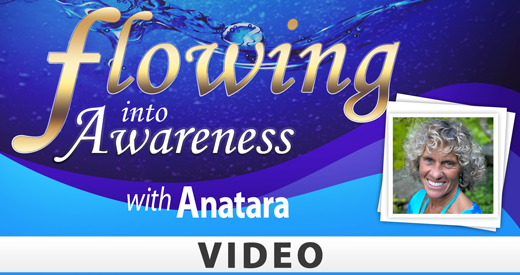| YogaHub |  |
Consequences of Goal Setting
I had a goal. However, the outcome I expected was completely changed by pain. This goal was one I worked towards for over three years. During that time, I made sacrifices in order to move towards attaining my goal. I pushed myself to face fears. Then, when I took the final steps towards the goal, I failed to complete it.
I feel much happier stating that the goal eluded me. I am also happier stating that, even though I had trained my body, mind and spirit, I just wasn’t ready to meet all the requirements of the goal. The path towards the goal has become much more important than attaining the goal – really. However, the truth is that I failed to reach a physical accomplishment that I’d believed was realistic.
My goal was to complete IronMan Canada. As a result of my old cranky back flaring up, not only did I miss the all-important last six weeks of training, I started the race day unsure of whether I would finish. The 3.8 km swim went well. This proved that my fear of swimming has been substantially extinguished. The 180km bike went far better than expected, thanks to hourly stretches and a slower than usual pace. Getting off the bike and realizing that I felt ready to start the 42.2km (marathon) created a sense of shock and elation. I really had not expected my back to tolerate the bike, let alone feel okay through the first 6 miles of running. Then, by mile 7, my back was yelling for attention. I stretched, I walked, I tried to jog. Nothing was making it better. Each foot strike of walking started to feel as though a sledge hammer was coming down on my lower back. So I quit. Just about 9 miles into the run, I decided that the best thing to do for the future of my back was to stop.
Maybe I could have continued. Maybe I wouldn’t have injured my back if I persevered. Maybe the pain had started to be more about fear of injury than directly related to the health of my lumbar spine. I didn’t know. It could have been that the pain was mostly related to impending tissue damage, or it could have been due to a wound-up cranky nervous system. I still don’t know the answer to this. But it didn’t matter to me. What mattered was not so much the risk of injury, but the consequences of injury. Even if the risk was small, the consequences of further messing up my old disc injury or of teaching my nervous system how to be really wound-up again, were more than I was willing to accept.
I have no regrets, even though I failed. Actually, I have this one small regret. I would like to have experienced the run to the finish line, getting cheered by the huge crowd. However, I am happy with my decision to let go of that goal – for now.
Through much of the race, I was thinking about how my experience and my pain would have differed had I been trying to meet a return-to-work goal after a work injury or car crash. My experience seems like such a luxury in comparison.
Consider this:
• People who have been injured have much higher stakes related to success or failure.
• For those recovering from a work injury or car crash, the goal of returning to work becomes the most important – and often – the only goal.
• Rarely does a patient talk about how friends rally around to encourage them in their endeavours to meet their return-to-work goals.
• Certainly it is absurd to tell most injured workers that it is the journey towards attempting return to work that is more important than succeeding with this goal.
Return-to-work success would differ if we treated people suffering from work injuries and car crashes more like athletes. That’s what I believe, though I have no research to prove it. There is an inherent assumption that all athletes want to get back to their sport. So we perceive them differently and coach them in their activity resumption differently from injured athletes.
We also accept that athletes sometimes do not succeed with their goals because they have pushed too hard, or because they are not ready yet. If only we were so understanding with people in pain!
[tags] iron man triathlon, pain, goal, athletes, training, people in pain, journey, success, encouragement, [/tags]






